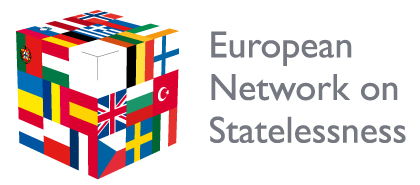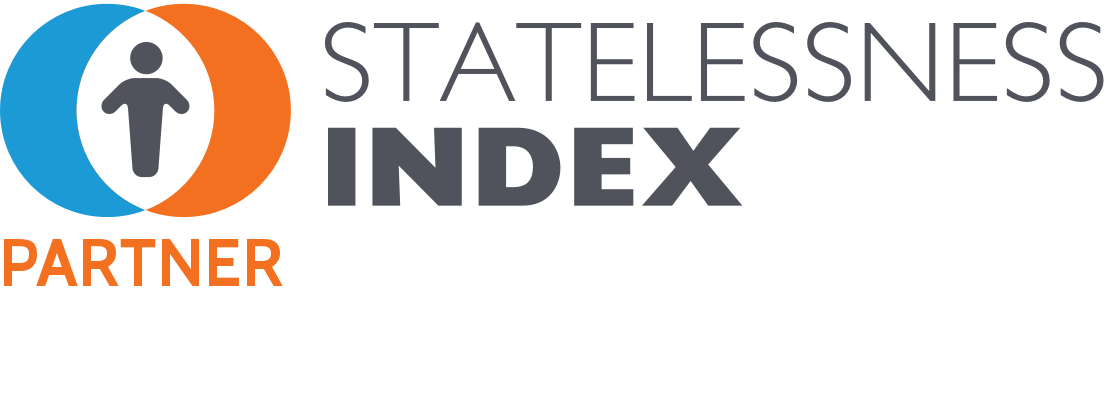This is our right to reply to an opinion piece appearing in The Times of Malta on 23 March. Our opinion is published in the Times of Malta on 30 March.
In his opinion piece of March 23 entitled ‘Self-respecting’, Steve Pace makes a number of incorrect assertions on the relationship between abortion and fundamental human rights. He frames his piece as two parallel narratives.
One narrative talks of migrants stranded at sea and aditus foundation’s related efforts at securing their safety. In parallel, Pace positions embryos and foetuses and our participation in the Voice for Choice Malta movement. He questions aditus’ respectability, alleging that we are supporting human tragedy and making a “gross parody” of fundamental human rights. He concludes, grandly, that “it is a well-known fact that abortion is not a fundamental human right”. Our clarification will shed light on the relationship between abortion and fundamental human rights and the rationale of our call to decriminalise it.
First,
the exercise of comparing migrants to foetuses fails to honour either and
belittles their complexity. Urging Malta to allow the disembarkation of rescued
migrants rests on the combined authority of the right to life, the duty of shipmasters
to rescue any person in distress at sea and the right to be protected from the
atrocities perpetrated in Libya against African migrants. Our advocacy on
migration, with no fewer than 63 other local non-governmental organisations,
targets interests that are purely political within a national and European
context that is increasingly reluctant to abide by clear international legal
obligations.
Discussions on decriminalising
the termination of pregnancy are essentially about extremely personal and
sensitive situations, and appeal to a very different set of rights, emotions
and policy considerations. Comparing the two – or rather exploiting one to
score points for the other – at best minimises human experience and at worst disregards
it entirely.
For us, a human
rights NGO, abortion has a strong foundation in international human rights law
and social justice. While there might not be a clearly formulated fundamental
human right to abortion, it has repeatedly been read into other rights: to
life, health, freedom from inhuman and degrading treatment, freedom from
gender-based discrimination, privacy and family life. To be clear, this
‘reading’ is a common exercise in human rights interpretation, where the actual
text is broad and vague in order to allow for those shifts in interpretation
that necessarily follow from our increased understanding of how people,
societies and communities work. For example, there is no scripted fundamental
human right granting marriage to same-sex couples, yet it is has been read into
the broader right to marry and found a family. It is thanks to the very broad
formulation of the prohibition of torture that courts have been able to include
in it heinous
State practices such as waterboarding, isolation and mock executions.
Additionally, we
are keen to stress an aspect that is often forgotten in discussions on abortion,
especially when judgemental fingers are wagged at ‘evil and selfish’ women. On
many occasions, many of the women needing safe abortion services are actually
children. Malta’s stubborn refusal to openly talk about sex, reproductive
health and contraception often punishes those with the least access to support,
information and other preventative measures. Acknowledging this serious gap in
Malta’s human rights framework in relation to children, the UN Committee on the
Rights of the Child has expressed its concern at our exception-free
penalisation of girls and women who choose abortion, often exposing them to
life-threatening situations. The Committee has repeatedly underlined that, to
protect girls from early marriages and pregnancies, States are required to
secure access to sexual and reproductive health services, including family planning,
contraception and safe abortion.
aditus
foundation’s position on abortion is a nuanced one, and it would have been more
honest of Pace to base his critique on our actual position rather than saying
we mock life and set our own standards
on its worth. Contrary to Pace’s allegations, our position is inspired by human
rights standards and also the human stories we encounter in our work: women who
are told the embryo inside them will die in days or weeks, women raped in
Libyan detention centres, girls repeatedly abused by fathers, uncles and brothers. In these situations, we believe that the woman’s set
of human rights definitely overrides the rights of the embryo
– whatever one believes the embryo’s status to be. Today, Malta’s laws describe
these girls and women as criminals. It brings shame and prevents them from
seeking the guidance and support they need.
aditus foundation
has always proudly done its utmost to urge Malta to extend its protection to people
and communities denied their fundamental human rights. While we find Pace’s
critique distasteful in its tone and imagery, we are nonetheless thankful for
this opportunity to clarify the little-known fact that yes, access to safe
abortion is a fundamental human right.







